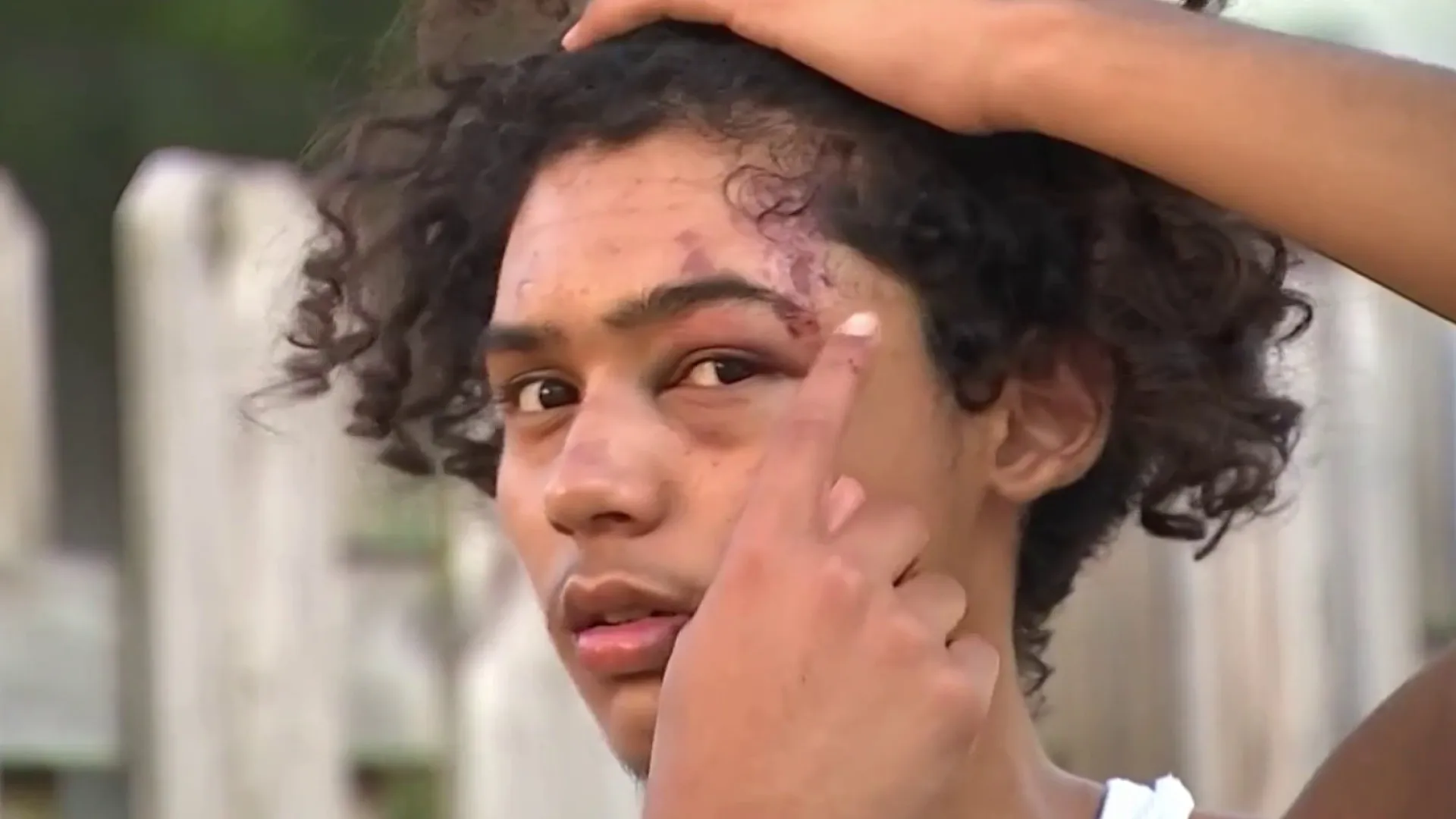This week, we celebrate Veterinary Technician Appreciation Week. Historically, practitioners use this week to sing the praises of the caring professionals, without whom, our jobs would not be possible. There’s just one problem.
I don’t employ technicians. I employ nurses.
Now the last time someone in my field made this proclamation, an ugly mudslinging debacle erupted in the comment section. Indignant nurses in the human medical profession demanded apologies for being compared to people who work with animals.
Not to be outdone, their veterinary counterparts responded with litanies of all the tasks in their job descriptions, the number of times they’d been pooped on that week, and horror stories of human healthcare professionals who nearly killed their cats with Tylenol. I could not do my job without the tireless dedication of my team.
That said, I’d also be unable to do my job were it not for the sharp eyes of a human healthcare nurse who treated me in a local hospital. She caught a dosing error in my chart that probably would have killed me. So while comment wars make for fantastic traction, in truth, they are unbecoming of our respective professions. Let’s agree both jobs are important and keep it civil.
Here are some reasons why veterinary nurses are awesome - and why pet parents should give them the chance to prove it.
They’re the first ones at the hospital, and the last ones to leave.
Local
Like their colleagues in human healthcare, veterinary nurses work long hours. They’re on their feet while I’m sitting at my desk. Lunch is often a stand-and-slurp occurrence which may or may not involve stopping to fish cat hair from their soup. When Hurricane Irma hit, my wife and I were in Ireland. Our team rode out the storm in our home.
Why? Because it’s a mile and a half from the clinic and they wanted to be available for emergencies as soon as it was safe to venture out. As soon as the all-clear was sounded, they were back at work, with a generator that wasn’t sufficiently powered to run the air conditioner.
While I was in a pub on the other side of the Atlantic, they were at the service of our community’s pet parents at the time of their greatest need. They set aside their own anxiety, stress, and borderline heat exhaustion for the sake of nursing others through all of the above. Which brings me to my next observation.
They put up with a lot.
Pet ownership is an emotional thing. We love our pets, and when they’re injured or ill, that love can turn into the kind of fear that drives us to lash out at others in anger. Sadly, veterinary nurses often bear the brunt of this anger. I have seen pet parents treat veterinarians with grace and charm, only to turn on a dime and spew jaw-dropping vitriol at “that girl in the office.”
I’ve empowered my nurses to stick up for themselves, so if you’re prone to this type of behavior, and you’re looking for a vet, you’ve been warned. I value my clients, but I need my nurses. And this is why:
They put themselves in harm’s way to keep your vet safe.
I’ve seen many a veterinary nurse hold onto a cat whose teeth were buried in their forearms. Throughout my career, I’ve encountered two large dogs who decided they’d had enough of my poking and prodding. The nurses saw the attacks coming before I did, and gave the corrections that allowed me to jump out the way.
The highly trained professional who accompanies your vet in the exam room is not simply holding your pet’s leash. These nurses are watching your pet’s body language so the doctor can fully focus on the physical exam. Those subtle signs of fear aggression will be missed by the vet who’s silently assessing that malignant tumor disguised as a “funny little bump.”
If your vet has ten fingers, a thriving surgical career, and an intact face, chances are it’s thanks to a veterinary nurse.
They can answer questions your vet cannot.
If your pet needs an abscess repaired or a spleen removed, I’m your guy. For updates on the latest pet food recall, or that new, upscale doggie day care center? Behold the Dr. Kupkee Blank Stare. My nurses, on the other hand, have the scoop on all of that and more.
They can also answer questions regarding medications, side effects, recovery times, after care, pre-surgical instructions, nutrition, and behavior. Whilst your vet is perfectly capable of answering these as well, chances are you won’t have to wait for a nurse. And they’re not just good talkers…
They’re great listeners.
Several years ago, we were working up a case that frankly, was going nowhere. Every test came back negative, the dog was getting worse, and we began to question her quality of life. As the owner resigned himself to the possibility of euthanasia, he began to reflect on the years of happiness he had shared with his best friend. He told one of my nurses the story of the day he first time saw his dog in the shelter.
He adopted her on the spot, and moved to Miami shortly afterwards. Curious, the nurse asked him where they had previously lived. When he answered, she snatched the euthanasia consent form his hand and yelled, “Hold, please!” as she rushed to find me. Within an hour, we’d put the pieces together. The dog had a rare, parasitic infection found only in certain pockets of the country - one such pocket was this dog’s original home.
We were the third hospital to see this dog. Only one person took the time to listen to this young man tell his story. As much as I’d like to claim the credit, it isn’t mine to claim. Nurses know the devil is often in the details, and they watch for those details like hawks.
So if you find yourself wanting to bypass the staff and just talk to the doctor, give one of these gifted souls a chance. You’re likely to find a sharp mind, a big heart, and a sympathetic ear.
And that’s why I call them nurses.
Dr. Kupkee is the lead practitioner at Sabal Chase Animal Clinic.
Click here for deals and discounts exclusively for NBC 6 viewers!



